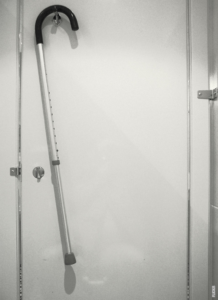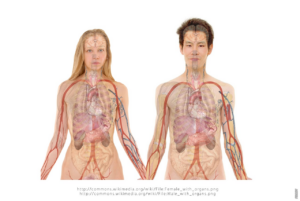The Mysterious World of Bile
Bile, the unsung hero of our digestive system, is a fascinating substance that plays a crucial role in breaking down the food we consume. Produced by the liver and stored in the gallbladder, bile may not be a topic of everyday conversation, but its importance cannot be underestimated. Let’s dive into the mysterious world of bile and discover its purpose.
The Composition of Bile
Bile is a complex fluid consisting of water, bile salts, bilirubin, cholesterol, and various other organic and inorganic compounds. Its yellow-green color is due to the presence of bilirubin, a waste product derived from the breakdown of red blood cells. This unique mixture of substances makes bile an essential component for digestion.
The Role of Bile in Digestion
Bile serves several critical functions in the digestive process. Its primary role is to aid in the breakdown and absorption of dietary fats. When we consume a fatty meal, bile is released into the small intestine, where it emulsifies the fat molecules, breaking them down into smaller droplets. This process, known as emulsification, increases the surface area of the fat, allowing enzymes called lipases to efficiently digest and extract nutrients from it.
Emulsification: Bile’s Superpower
Emulsification is bile’s superpower. By breaking down fat into tiny droplets, bile facilitates the action of lipases and helps in the absorption of fat-soluble vitamins, such as vitamins A, D, E, and K. Without bile, these vitamins would pass through our digestive system without being properly utilized by the body. Additionally, bile aids in the absorption of fatty acids, cholesterol, and other fat-soluble substances.
Bile: The Body’s Detoxifier
Apart from its role in digestion, bile also serves as the body’s natural detoxifier. It helps eliminate waste products, toxins, and excess cholesterol from the liver. Bilirubin, one of the components of bile, is a byproduct of the liver’s breakdown of old red blood cells. By excreting bilirubin through bile, the body ensures its proper elimination.
Post
Post
Conclusion
In conclusion, bile is an incredible substance that quietly performs numerous vital functions in our body. From aiding in the digestion and absorption of fats to serving as a detoxifier, bile ensures the smooth functioning of our digestive system. So, the next time you enjoy a delicious, fatty meal, remember to thank the unsung hero, bile, for its remarkable work behind the scenes.



